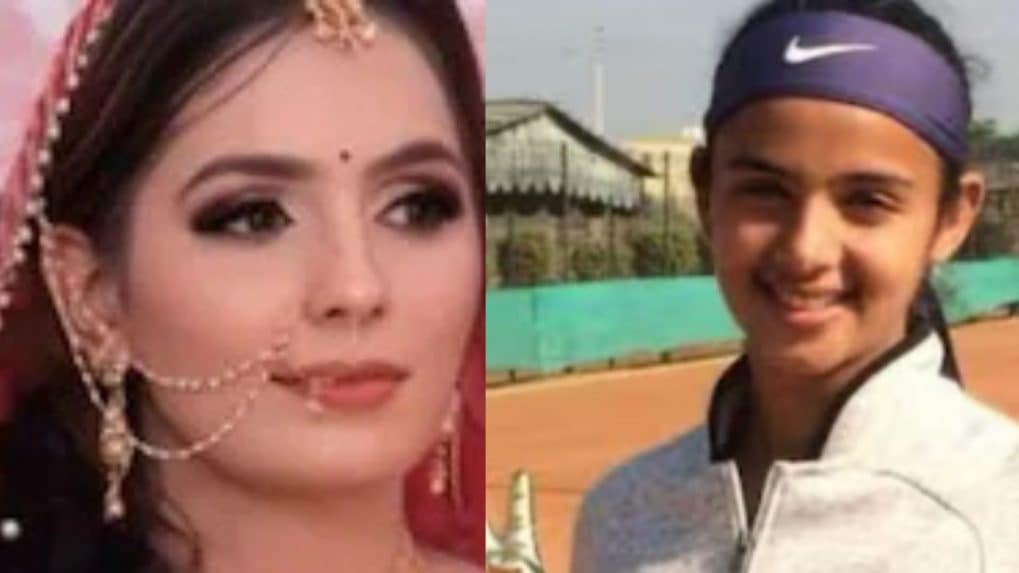How it Works
WPP, Havas, Omnicom: Are advertising’s biggest holdcos recasting agencies as AI Operating Systems?

Fresh details have emerged in the dowry death case of 28-year-old Nikki Bhati in Greater Noida, with police confirming that a dispute over her plans to reopen a beauty parlour and post content on social media triggered the chain of events that led to her being set ablaze by her husband, Vipin Bhati.
Investigators said that on August 21, Nikki informed her husband that she and her sister, Kanchan, intended to relaunch their parlour business. Vipin reportedly objected, insisting that neither running a parlour nor posting reels on Instagram was acceptable in his family. When Nikki refused to back down, the argument escalated into physical assault.
Later that evening, Nikki’s family received a distress call from Kanchan, informing them that Vipin had set Nikki on fire following the altercation. According to her brother, she was rushed from one hospital to another as Vipin fled the scene.
Nikki’s father questioned her husband and in-laws, asking if they would go as far as to kill his daughter simply because she used Instagram.
Police said Vipin displayed little remorse when questioned, allegedly claiming that marital fights were “common” and denying direct responsibility for her death.
Nikki and Kanchan, who were both married into the Bhati household in 2016, had been active on social media to promote their beauty business. Their joint Instagram handle, Makeover by Kanchan, had more than 54,000 followers, while their individual accounts also drew significant traction.
Nikki’s family alleged that she had faced repeated dowry harassment over the years, including demands of ₹35 lakh two years into her marriage. Relatives said she had returned to her parental home several times because of pressure from her in-laws, before being persuaded to go back.
So far, police have arrested four members of the Bhati family in connection with the case — Nikki’s husband Vipin, her mother-in-law, brother-in-law, and father-in-law. Vipin, who was caught after a brief chase, has been sent to 14-day judicial custody.
Just weeks earlier, in Gurugram, 25-year-old tennis player Radhika Yadav was fatally shot by her father, Deepak Yadav, at their home. Investigators revealed that, apart from disagreements over her running a tennis academy, tensions were heightened by her appearance in a music video that was shared on social platforms. Family members said her father had pressed her to remove the video from her accounts.
Both cases highlight how women’s social media presence — from short-form reels to music video appearances — has become a flashpoint in households already marked by deeper conflicts, exposing the intersection of digital expression, control, and violence.
From purpose-driven work and narrative-rich brand films to AI-enabled ideas and creator-led collaborations, the awards reflect the full spectrum of modern creativity.
Read MorePraveen Someshwar, Managing Director and CEO of Diageo India, joins the Grand Jury of the Storyboard18 Awards for Creativity, highlighting the awards’ focus on work that blends cultural relevance with strategic and commercial impact.